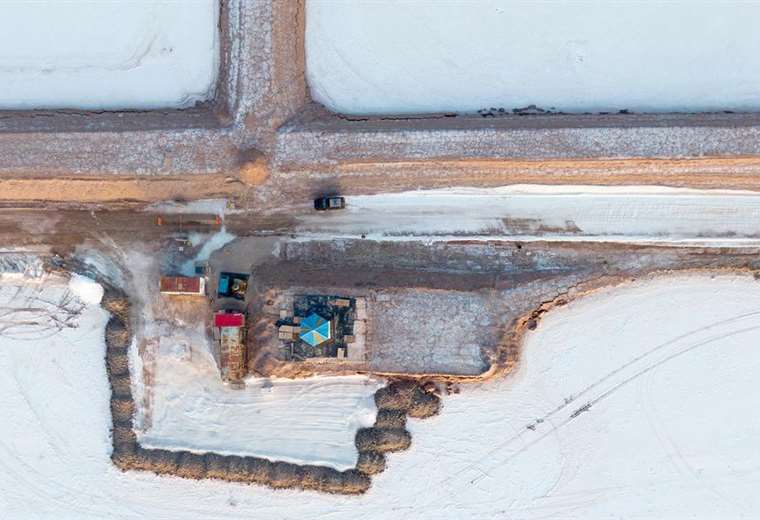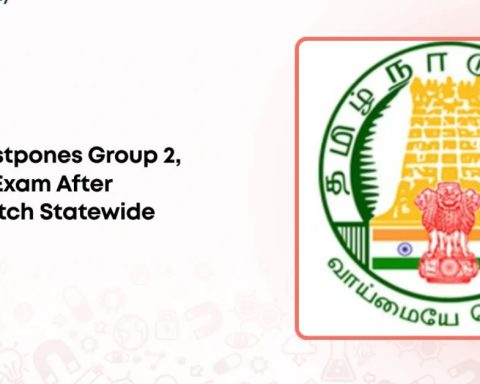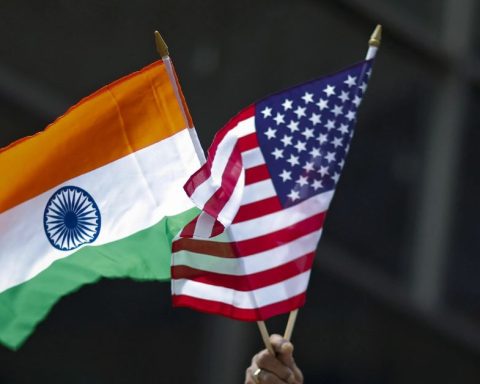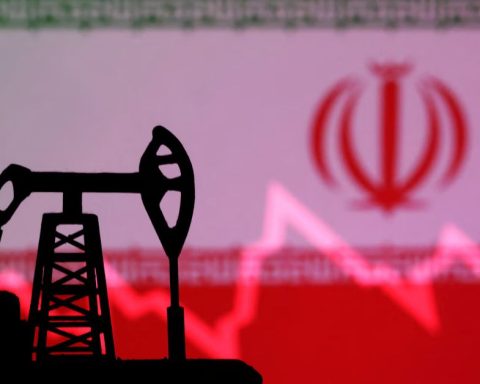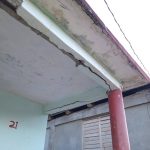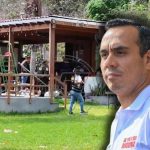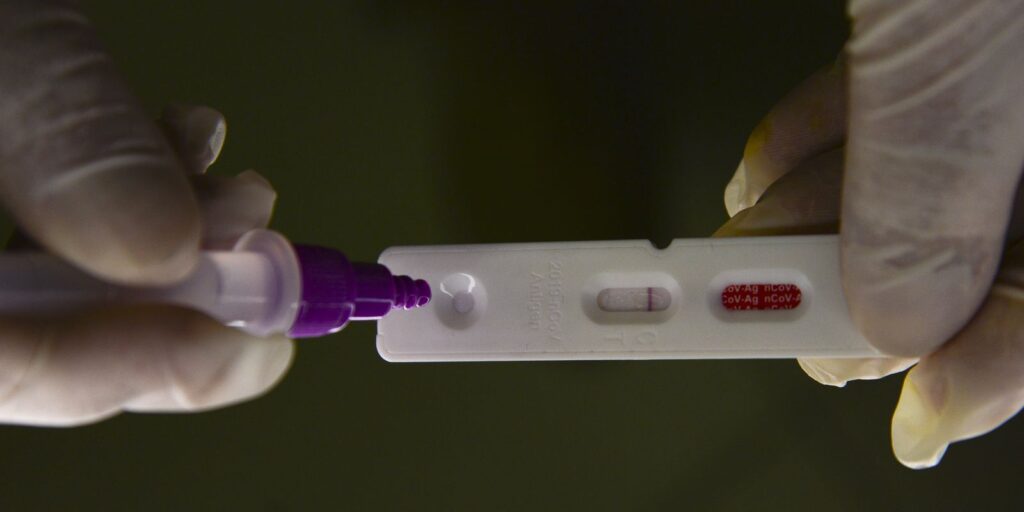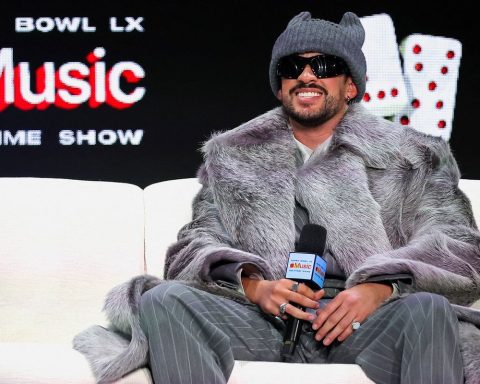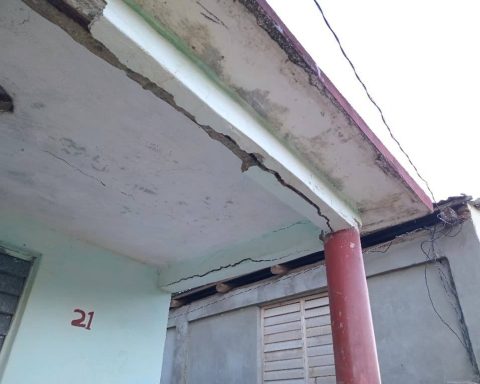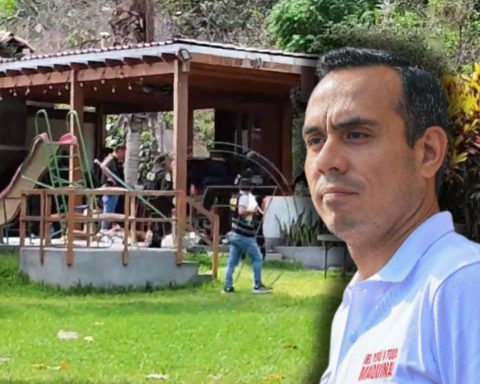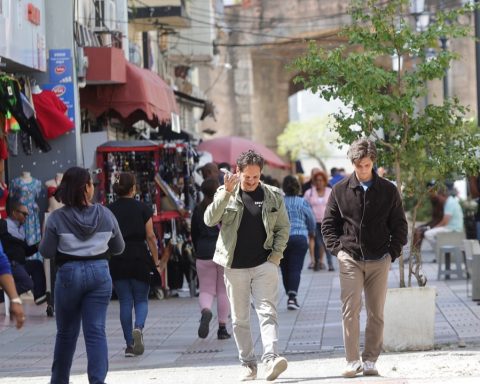November 16, 2022, 12:22 PM
November 16, 2022, 12:22 PM
The largest lithium deposits in the world are located in the Andean salt flats of the border triangle between Argentina, Bolivia and Chile, with more than 50 percent of the world’s resources of the so-called “white gold” identified to date (estimates reach up to 70 percent).
“The proposal to create an OPEC of lithium recurrently returns to the region,” says Martín Obaya, director of the Center for Research for Transformation (CENIT) at the School of Economics and Business (EEyN) of the National University of San Martín (UNSAM) to DW. And he recalls that the idea had already been launched a decade ago.
“Tempting” proposal, at a “striking” moment
The objective is coordinate the production levels of countries with lithium resources to influence the price. This would generate a greater economic income for the producing countries, the Argentine economist specifies. In addition, Buenos Aires talks about setting good practice guidelines for sustainable industrial development and for scientific and technological development.
At first glance, the proposal seems “tempting,” Obaya acknowledges. The moment it is launched, however, “is striking, because there is no price problem. Lithium prices have multiplied almost tenfold in the last two years and are nine times higher than the average for the 2010-2020 period,” he explains. A ton of lithium carbonate, used to produce batteries for electric and hybrid vehicles, rose to $9,720. at the end of May 2021 and is now over $80,000.
“Ineffective” without Australia’s involvement
Having said this, the Argentine economist stresses that the South American countries were responsible, in 2021, for only 32 percent of global lithium production. And “this data is more relevant than that of resources when evaluating the effectiveness of constituting a cartel, since converting resources into production takes, in successful cases, between 7 and 10 years.” So the attempts to affect the price by controlling that production volume “will be very limited,” he predicts.
Also, Bolivia does not produce lithium compounds (Bolivian “white gold” is highly mixed with magnesium and its separation requires technology that the country does not yet have on a large scale). “It will take, at best, a few years to be able to do it. So it would be ineffective to set up a cartel without Australia’s involvement,” Obaya says.
Australia alone is responsible for more than 50 percent of world production. And it sells it in its entirety to China, where it is refined into lithium compounds, recalls the specialist in international relations.
“Good political speech” with significant legal barriers
As if that were not enough, the countries of the region have very different regulatory frameworks, highlights the Argentine expert. “There are very important legal barriers that would not allow progress towards the consolidation of any cartel in the lithium triangle“, agrees Juan Carlos Zuleta, former president of the state conglomerate Yacimientos de Litio Bolivianos (YLB), in an interview with DW, after describing the Argentine initiative as “a bad idea.”
In the case of Bolivia —without commercial production and whose resources are not yet classified as reserves— “it would be a possibility, because, indeed, lithium is in the hands of the State,” says the Bolivian economist. But Chile “manages itself with a system of contracts with private companies, which would have to be modified in the event of a cartel being established,” compares his Argentine colleague.
In the contracts governing the two Chilean operations in the Salar de Atacama, “there is no provision that allows the Chilean State to force companies to participate in a cartel. In fact, I don’t think these companies are interested,” Zuleta explains. “An alternative would be for the Chilean Nuclear Energy Commission, in charge of authorizing sales, to regulate exports,” Obaya suggests.
In the Argentine case, “things are even more complicated, because what exists there are concessions bought by international private companies“, considers the former president of the Bolivian YLB. Once the concessions are granted, the companies have control of their production. “In addition, this competition is in the hands of the provinces, which have not been favorable to the constitution of a cartel,” adds the director of the Argentine CENIT.
So how to grow with lithium?
“The main problem that Argentina has” is its limited ability to tax the economic rent generated by lithium mining, concludes Obaya. Despite the sustained increase in lithium demand and prices, “Argentina has not managed to capture a significant part of the extraordinary income,” he laments.
“The case of Chile is different, which, with the renegotiation of the contracts it entered into between 2016 and 2018, established a progressive royalty system, ranging from 6.8 to 40 percent, depending on the price. This allowed it to the collection for the production of lithium exceeds that of copper for the first time“, he highlights, recalling that Chile is the main copper producer in the world.
In summary, “the idea of the Argentine Foreign Ministry is no more than a good wish and also a good political discourse to try to show that these countries can advance steadily in an associated manner,” says Zuleta.
His counterproposal is the construction of a “hub South American Battery and Electric Vehicles”. This would include private and state companies from the “lithium triangle”, so as not to exclude Bolivia. And it would add at least three other countries: Brazil, Peru and Colombia, “with all the necessary strategic resources” to develop this industry of the future, including other metals that are already beginning to partially replace lithium.
Such a block should achieve the sustainable production of these resources, as well as an international association with high-tech providers -such as Tesla, General Motors or Volkswagen-, to develop and consolidate value chains throughout the world, dreams the former president of YLB. Otherwise, “the alternative is to continue to be a supplier of raw materials. And it would be a shame if the lithium triangle missed this very important opportunity.”
